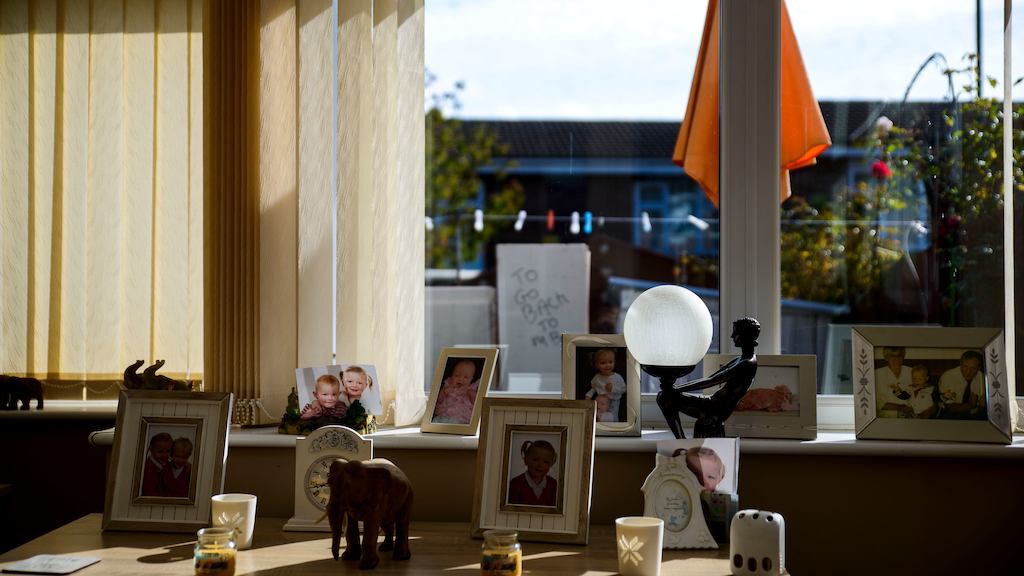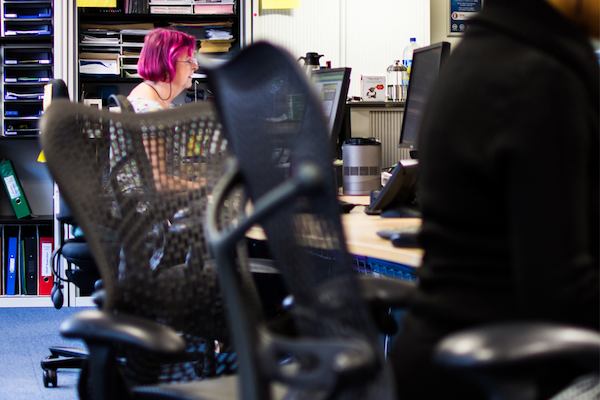The past week has seen more dramatic changes than many of us have ever experienced in our lifetimes – and has left us trying to make sense of this new world. What does the coronavirus mean for our health service, our economy, our everyday lives? And many are rightly concerned about the impact of the disease and its wider effects on those in later life.
Everyone is now being asked to stay at home and only leave the house for exercise or other necessities. Those people with underlying health conditions who may be particularly vulnerable to the virus have been advised to stay in their homes for 12 weeks – so-called ‘shielding’. Staying at home for such a long period is a struggle for anyone – with real challenges in accessing services, keeping healthy and active, and staying connected to our communities. Many will be doing so using the internet – but for some of those in later life, and people who haven’t had the chance to learn digital skills through their work, this will be much harder.
It’s up to all of us to help our friends, neighbours and relatives stay in touch – whether that’s by video chat or by phone. Mutual Aid groups have sprung up across the UK, connecting those who need food or medicines delivered with those willing to help, and the NHS is currently recruiting volunteer responders to support those who are ‘shielding’ from the disease. To look after our own physical and mental health there’s lots we can all do, whatever our age, to keep fit at home – like this collection of NHS exercises for strength and balance that can be done with little or no equipment.
But self-isolation isn’t the only way the epidemic will affect those in later life. The economic impact of the outbreak is huge, with those working in the hospitality industry and the self-employed hardest hit. Often forgotten is the fact that many in their 60s and 70s are still working; research by Rest Less last year found that half of self-employed people were over 50. Action has been promised by government to protect the self-employed, and it’s vital that this is enough to provide certainty for those currently facing serious financial insecurity.


